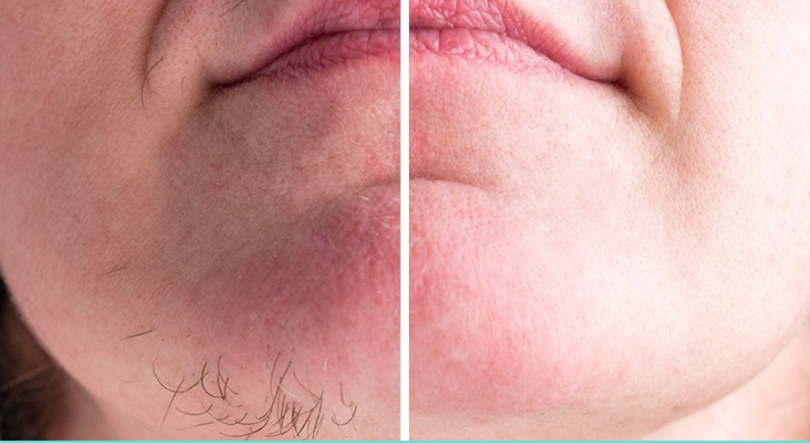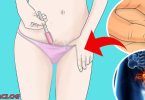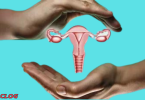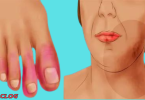The growth of chin hair in a woman can be one of the most annoying things for her, but it is often due to medical reasons. Below are the most important causes of chin hair growth and ways to treat them.
Women can experience hair growth in unwanted areas, but sometimes they may experience thick hair growth in the chin area. What causes chin hair growth in women? What treatment methods are offered?
Causes of chin hair growth in women
There are a group of reasons, some of which may be temporary and require simple treatment, while other reasons may require more serious follow-up with your treating doctor, as follows:
1- Hormonal changes
Certain stages of your life are accompanied by inevitable hormonal changes, such as puberty, pregnancy, and aging. All of these conditions are closely linked to the hormonal activity of the body, which in turn affects the extent of hirsutism and chin hair growth in women.
When you are pregnant, testosterone levels automatically rise, which may stimulate the growth of thick hair on the chin. As time passes after childbirth, hormones return to normal and accompanying symptoms improve.
As you age during menopause, your ovaries secrete less estrogen, while the male hormone testosterone continues to be produced, which can lead to higher androgen levels and symptoms of masculinity.
2- Medicines
Some of the medications you use can affect the level of hormones in the body, causing chin hair as a side effect.
These medications include testosterone injections, cyclosporine, or minoxidil.
3- Polycystic ovary syndrome
If you suffer from polycystic ovary syndrome or have a genetic predisposition to this syndrome, it may be a trigger and influence for you to grow thick, thick beard hair.
Polycystic ovary syndrome is particularly affected by high levels of androgens, which leads to irregular menstruation or heavy bleeding during it, in addition to the growth of thick hair in different areas of the body, especially on the chin.
4- Obesity
There appears to be a relationship between weight in women and the hormone testosterone, as obesity is linked to a high level of this hormone in the body.
In addition, increasing the percentage of fat in the abdominal area helps increase the level of insulin resistance in the body, which can increase the production of the male hormone androgen and thus increase beard hair growth. In women.
5- Hormonal disorders
The pituitary and adrenal glands are the foundation of the endocrine glands in the body. The pituitary gland gives its instructions to the adrenal gland, which in turn directs the secretion of hormones in the body. Therefore, any defect in either gland will lead to an imbalance in hormones and hair growth.
It is necessary to consult a doctor, especially if hair growth suddenly becomes thick and dense, because this may indicate medical problems that are best treated early.
6- Genetic factor
Some cases of thick hair can also be caused by genetic factors. In addition to individual differences, there are also racial differences in the abundance of body hair.
Treatment of chin hair growth in women
First, it is very important that if chin hair growth occurs suddenly and rapidly, you consult your doctor to conduct the necessary tests to rule out serious medical causes and treat them, if any. Treatment options include:
Excess hair growth can be caused by a gland defect, a type of medication, or an ovarian cyst. The doctor will then prescribe the appropriate medications and treatments needed to maintain your hormonal balance.
It may be very beneficial for you to adhere to a healthy diet and lifestyle, so that you can lose excess weight if you suffer from it, in addition to committing to exercising and eating healthy nutrients that help maintain the balance of hormones and the interactions between them. Material. . In your body.
There are a range of cosmetic options that you can also adopt to treat excess hair if its growth is due to a temporary or hereditary factor, such as waxing, threading or laser hair removal.







